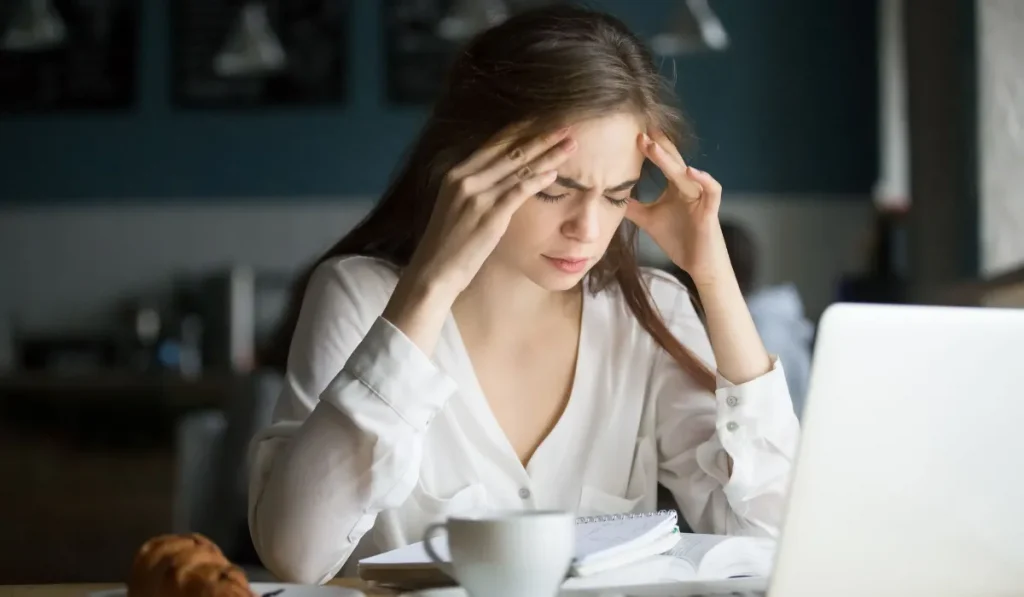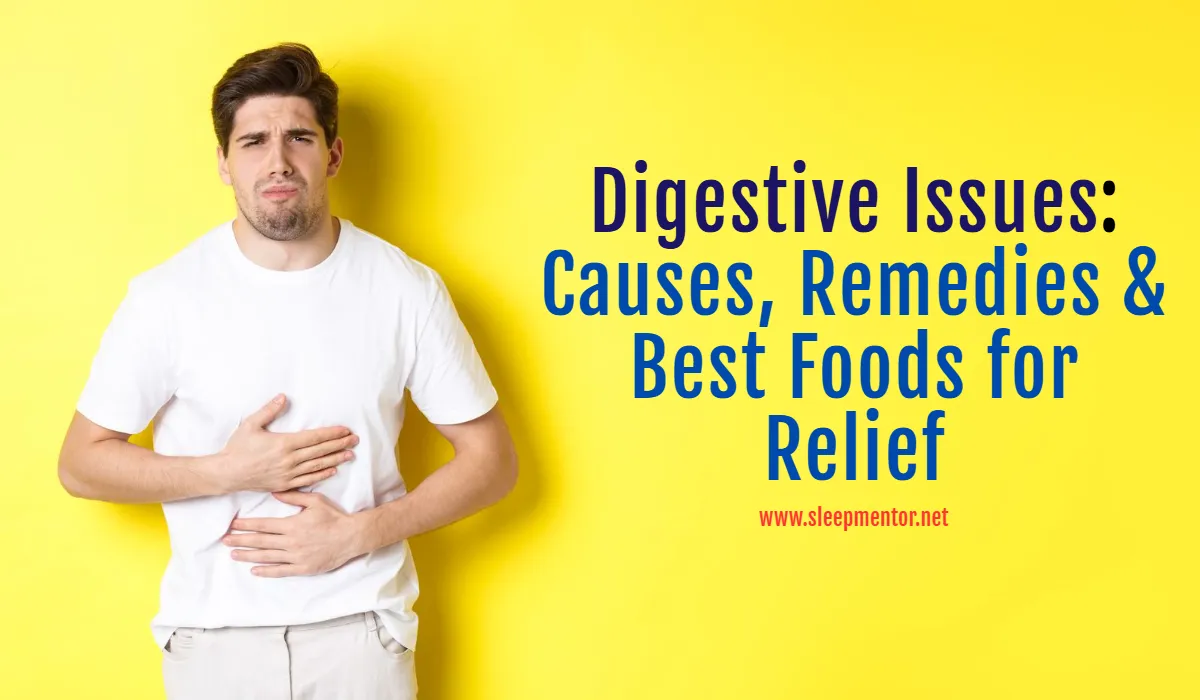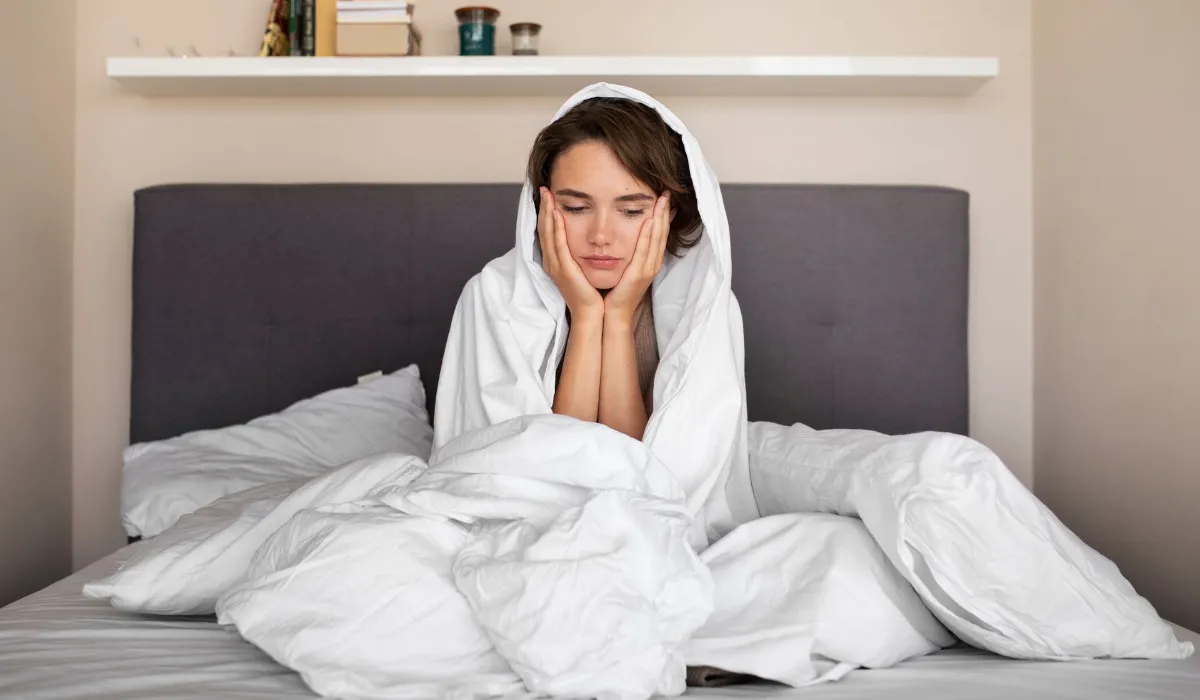Do you feel drained despite getting enough rest? If your energy dips are impacting work, relationships or daily life, it’s time to uncover the real reason. At Sleepmentor.net, we help you decode symptoms of low energy, address the root energy loss causes and offer natural remedies for fatigue tailored to your wellness journey.
What Is Energy Loss and Why It Matters
Energy loss isn’t just about feeling tired—it’s a sign your body or mind is out of balance. If left unaddressed, fatigue can lead to reduced productivity, weakened immunity and even serious chronic pain or infections. Recognising the underlying triggers is the first step to long-term vitality.
Physical Energy Loss Causes
1. Sleep Disorders
Conditions like insomnia, sleep apnea or restless leg syndrome can interrupt deep sleep stages, making you feel unrefreshed each morning. Poor sleep is one of the top contributors to energy loss, especially if you have chronic pain or immune dysfunction.
🛏️ Explore more on Sleep Disorders for expert tips on better rest.
2. Nutritional Deficiencies
Lack of iron, vitamin B12 or magnesium can hinder energy production at a cellular level. Digestive issues like malabsorption or IBS can worsen deficiencies.
3. Dehydration
Not drinking enough water—even mild dehydration—can cause fatigue, dizziness and poor concentration.
4. Sedentary Lifestyle
Not exercising can lead to weaker circulation reducing oxygen flow to muscles and brain making you feel sluggish.
5. Chronic Illnesses
Health conditions like diabetes, thyroid disorders or lingering infections (like EBV or Lyme disease) are common energy drains.
Emotional and Lifestyle Triggers of Fatigue
1. Stress, Anxiety and Burnout
Mental fatigue is just as real as physical exhaustion. Ongoing stress can activate your body’s cortisol response leaving you wired but tired.
2. Depression
One of the most common yet underdiagnosed energy loss causes, depression can make even small tasks feel overwhelming.
3. Poor Diet
Sugar-filled and ultra-processed foods give you a quick energy hit but a crash soon after. A diet lacking in whole foods has no natural energy boosters.
Overuse of Alcohol or Caffeine
Caffeine may give you a quick lift but excessive intake disrupts your sleep cycle. Alcohol reduces sleep quality and dehydrates the body.
Energy Loss Across Life Stages and Categories
Women’s Hormonal Shifts
From menstruation to menopause hormone fluctuations can cause fatigue. Iron loss through periods and fluctuating estrogen levels is involved.
Men’s Sexual Health & Testosterone
Low testosterone in men, often related to aging or lifestyle, is a hidden energy loss cause. Addressing hormonal balance can improve both vitality and sexual function.
🔍 Visit Men’s Sexual Health for more info.
Immune Function & Fatigue
Weakened immunity from stress, illness or poor sleep makes the body work harder to recover, leading to chronic tiredness.
Is Your Fatigue a Red Flag?
See a healthcare provider if your fatigue is:
- Lasting more than 2-3 weeks
- Unintentional weight loss
- Causing dizziness or confusion
- Accompanied by swollen glands or infections
Conditions like chronic fatigue syndrome, long COVID, or autoimmune disorders need targeted treatment.
How to Diagnose the Real Energy Loss Cause
Your doctor may recommend:
- Blood tests (thyroid, B12, iron, CRP)
- Sleep studies (for apnea or insomnia)
- Mental health screening (for depression or anxiety)
- Lifestyle and diet analysis
Keeping a daily fatigue journal, noting sleep, meals, mood, and activity, can help identify patterns.
Natural Remedies for Fatigue: Boost Energy Naturally
Ready to get your energy back? Here are safe, sustainable ways to boost energy naturally.
1. Sleep Hygiene
- Keep a consistent sleep schedule
- Avoid screens 1 hour before bed
- Use blackout curtains and white noise machines
- Limit caffeine after 2 PM
2. Energy-Supporting Foods
Focus on:
- Leafy greens (iron, folate)
- Whole grains (sustained carbs)
- Nuts & seeds (healthy fats and magnesium)
- Lean proteins (muscle and hormone support)
3. Hydrate
Drink at least 6–8 glasses of water daily. Add electrolyte-rich options like coconut water if you sweat a lot or exercise frequently.
4. Move
Even 20 minutes of brisk walking boosts circulation and mood-enhancing endorphins—nature’s own energy booster.
5. Adaptogens and Herbal Support
- Ashwagandha for adrenal fatigue
- Rhodiola Rosea for mental stamina
- Ginseng for physical energy
- Magnesium and B12 (if blood levels are low)
⚠️ Always consult your doctor before starting new supplements.
Prevention: How to Keep Your Energy Consistent
Long-term energy comes from lifestyle synergy. Here’s how to keep your energy up:
- Balance rest and activity
- Manage chronic pain through proper therapies
- Support digestion with fiber-rich, gut-friendly meals
- Prioritize mental wellness
- Avoid overstimulation from caffeine, sugar, or screen time
Check out topics like Immune Support, Digestive Issues, and Low Energy at Sleepmentor.net.
Bottom Line
You don’t have to live with fatigue. By finding the real energy loss cause, supporting your body naturally and balancing imbalances, you can feel more alert, focused and alive.
At Sleepmentor.net, we guide you with evidence-based advice to help you sleep better, live healthier and boost energy naturally—one day at a time.
Frequently asked questions (FAQs)
1. What are the main energy loss causes?
Poor sleep, nutritional deficiencies, chronic stress and underlying medical conditions.
2. Can I boost energy naturally without caffeine?
Yes! Try movement, hydration, balanced nutrition and herbal adaptogens.
3. Do natural remedies for fatigue work?
Yes. Many people report improved focus and stamina through lifestyle changes, clean nutrition and mindfulness techniques.
4. How do I know if fatigue is serious?
Persistent, worsening fatigue that doesn’t improve with rest needs medical attention.
5. What’s the best natural energy booster?
A combination of good sleep, healthy diet, hydration and moderate exercise beats any single remedy.





